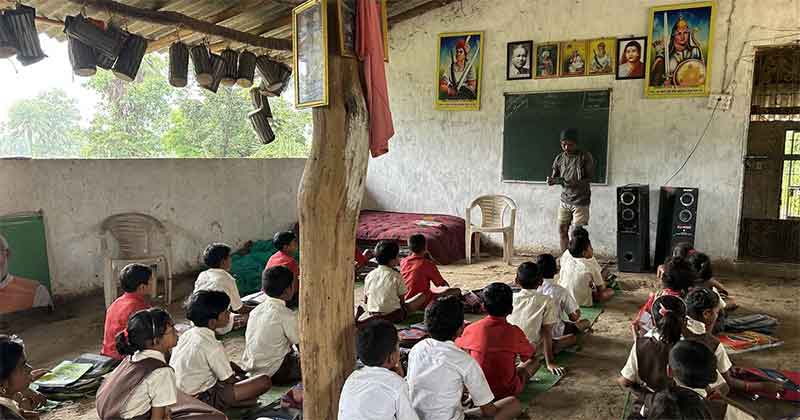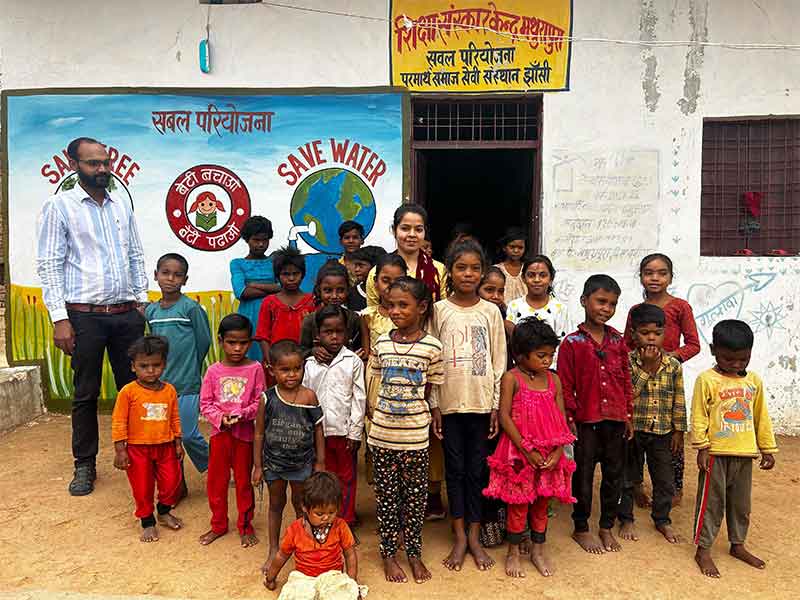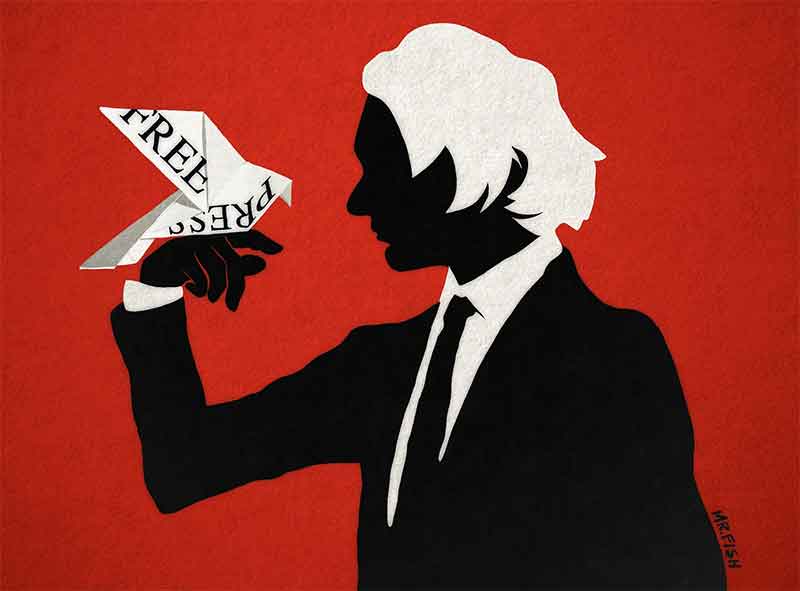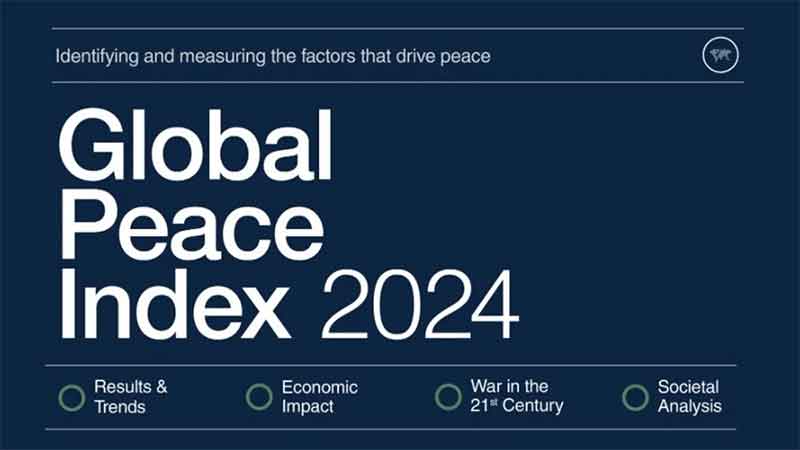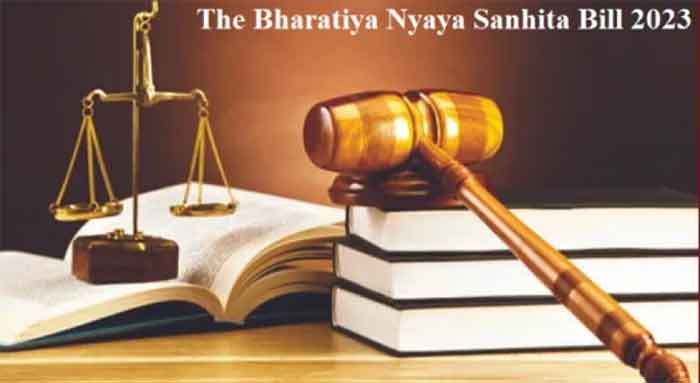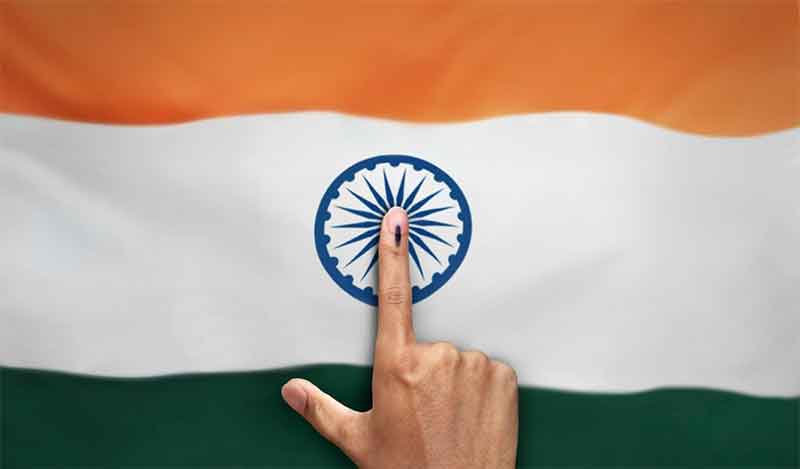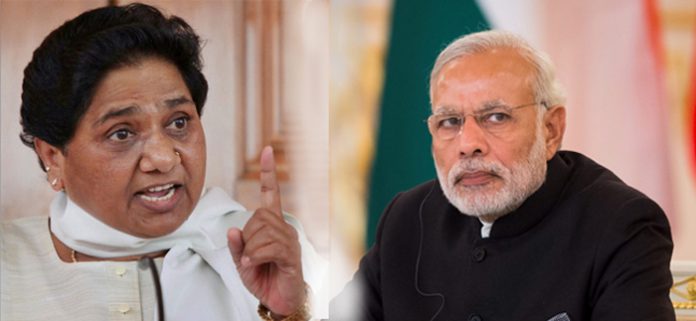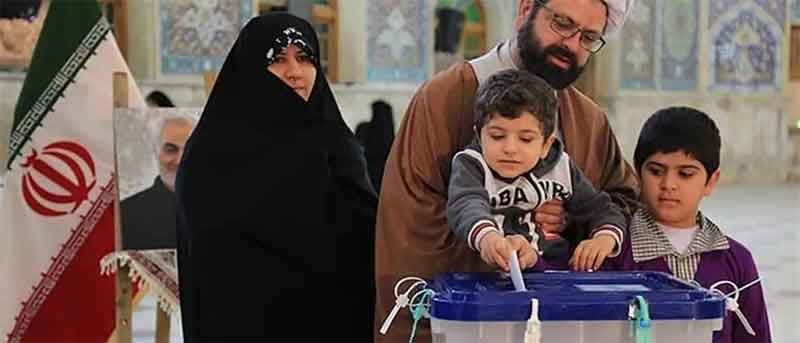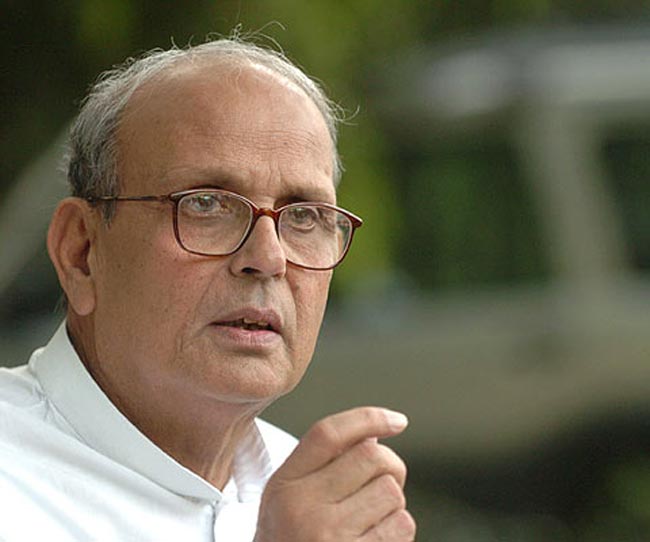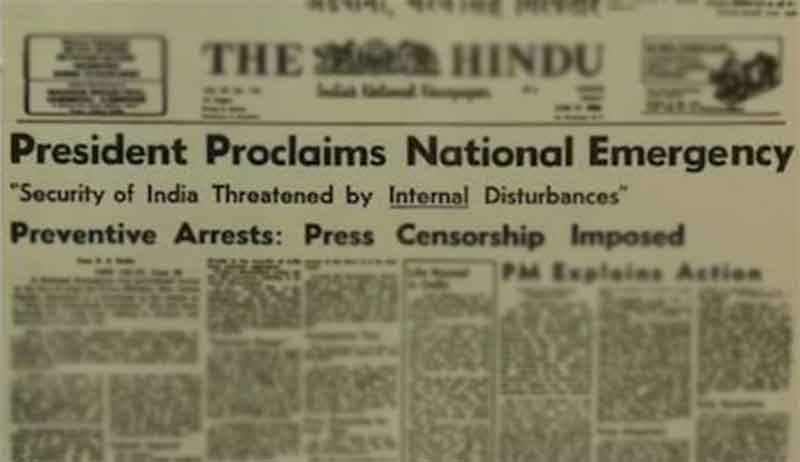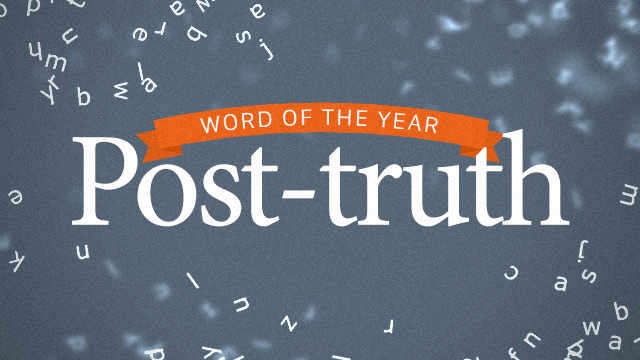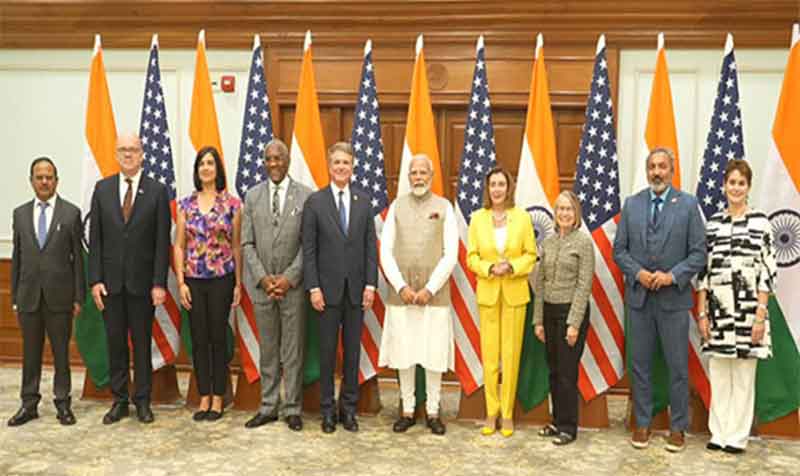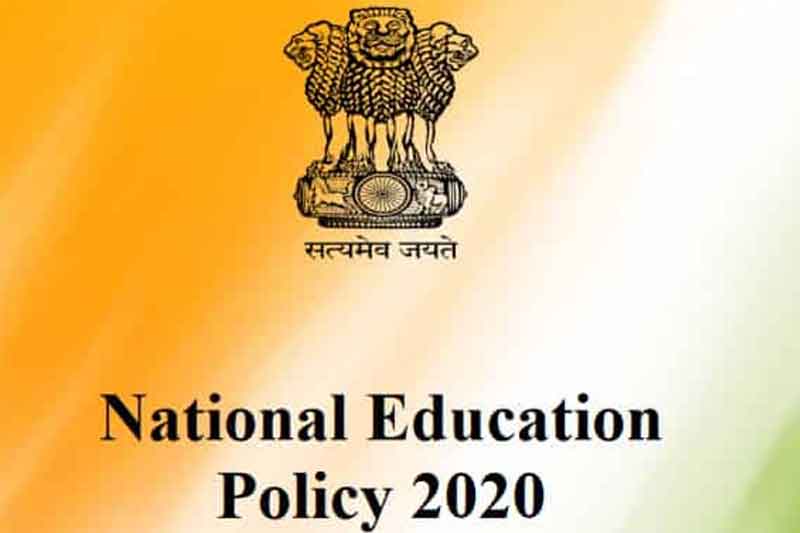
New education policy (NEP) 2020 was introduced by the Ministry of Human Resource Development promising to create an ‘India- centered’ education society. One of the key behind this policy as Ministry of human resource development claimed was to make India as ‘equitable and vibrant knowledge society. When the draft of New Education policy was introduced, BJP led government extensively popularized its aims and how this will transform the Indian education system to meet the requirement of the 21st century. To popularize this policy as more innovative and scalable, BJP led Indian government invested crores of money on advertisement. But the beginning of debate over the new education policy shows that numerous independent organizations and civil society groups are still opposing the same policy by claiming it is market centric project.
The draft of NEP 2020, as Modi led government claim seeks rectification of poor literacy and numeracy outcomes associate with primary schools, reduction in dropout level in middle and secondary schools and adoption of the multi- disciplinary approach in the higher. But the policy has sharply divided people into camps of supporters and critics. The camp of supporters including government agencies on the one hand popularize the policy as very innovative document on the other hand also played the challenged the opposition’s critic over the polity. Similarly the camp of critics charged with furthering inequalities through provision such as promoting privatization, glorification of ancient Indian culture, Mechanization of institutional processes, vocational education, flexibility, vocational education, multiple exits system. The criticism has also raised several questions over the policy’s approach to the right to education act and many other constitutional values that ensure education for all without any discrimination at any level. Several student organization when the daft of New education policy introduced by the University Grand Commission for feedback, come together to protest against the policy claiming NEP 2020 as saffron project.
Now the situation after the implemental of NEP 2020 clearly shows how has it influenced the larger society? And how has it created a challenging situation in front of Marginalized community. This criticism underline two significant conditions has appeared through the new education policy. Firstly, NEP 2020 has very close nexus to saffron political agenda of Bhartiya Janta Party. This project not only changed the perspective India’s education system but also it has led the privatization of India’s education system.
Socio-Economic inequality
India has been facing significant socio-economic disparities since independence. This socio- economic disparity has affected the whole society. Still large population of our society are struggling and fighting for their survival. The right to education in this case, has been sharply replaced with market centric education. The NEP 2020 has defined the Indian education system as more market friendly instead of students from economically weaker sections and marginalized communities that still struggling to access the quality education due to financial constraints, lack of resources, and inadequate infrastructure.
While NEP 2020 proposes reforms such as increased digital learning almost 30 to 40 of all curriculum and a more flexible curriculum, Due market centric model, it does not sufficiently address the infrastructural and economic barriers that prevent disadvantaged students from benefiting equally. The policy assumes access to technology and resources that are often unavailable in rural and low-income urban areas
Gender disparity
Gender inequality has been a fundamental issue of India and it still remains a critical issue in India. This issue fundamentally affect girls’ access to education and other basic requirements. Factors such as societal norms, early marriage, safety concerns, and lack of separate sanitation facilities in schools not just contribute to lower enrollment and higher dropout rates among girls but also contribute discrimination against women. .
The draft of NEP 2020 has discuss this issues genuinely by acknowledging the need for gender inclusion but falls short of providing concrete measures to tackle these specific barriers comprehensively. The policy lacks detailed strategies to ensure safe and inclusive educational environments for girls, particularly in rural and marginalized communities. Besides, the question of women’s freedom and equality has created a significant barrier against the women development. NEP 2020 has neither addressed such issues nor contributed anything to women space in the society and workplace.
Caste-based Discrimination
Caste system has one of the characteristic of Indian society. its hierarchy and logical structure contribute to the basic concept of caste based discriminate. Caste-based discrimination continues to plague the Indian educational system, affecting students from Scheduled Castes (SC), Scheduled Tribes (ST), and Other Backward Classes (OBC). These students often face prejudice, bias, and unequal treatment in educational institutions, leading to disparities in educational outcomes. While NEP 2020 emphasizes the need for equitable and inclusive education, it does not provide robust mechanisms to specifically combat caste-based discrimination within schools and colleges. There is a lack of specific policies or frameworks to ensure that these students receive equal opportunities and support.
Omprakash Kushwaha teaches Journalism and Mass communication in Dehradun, Uttarakhand

